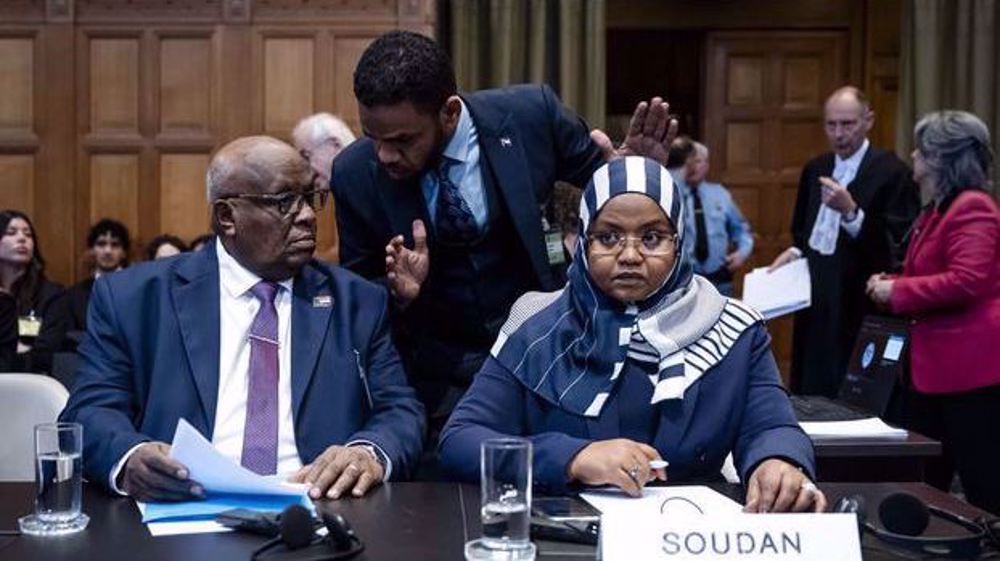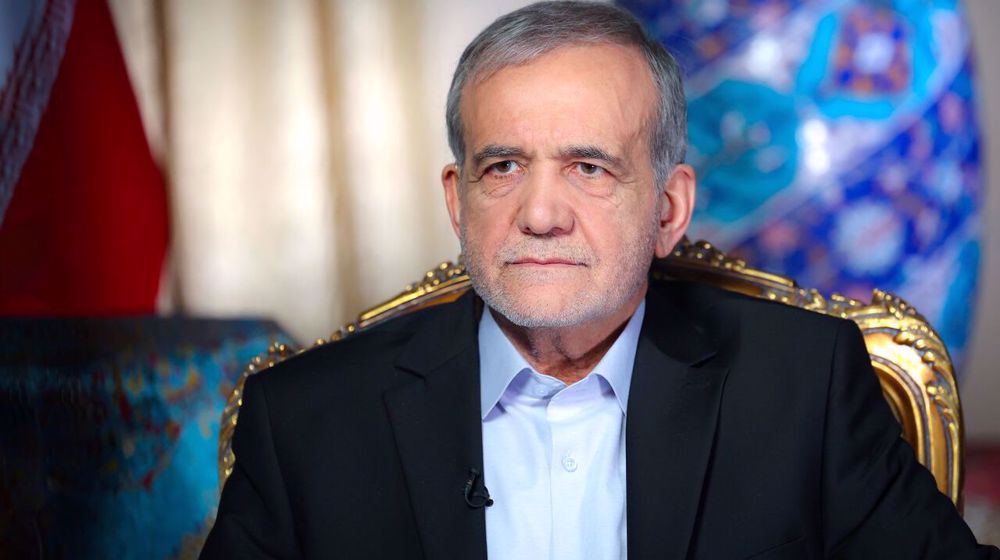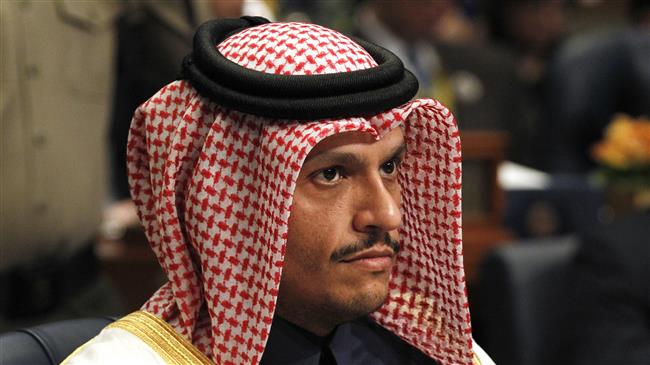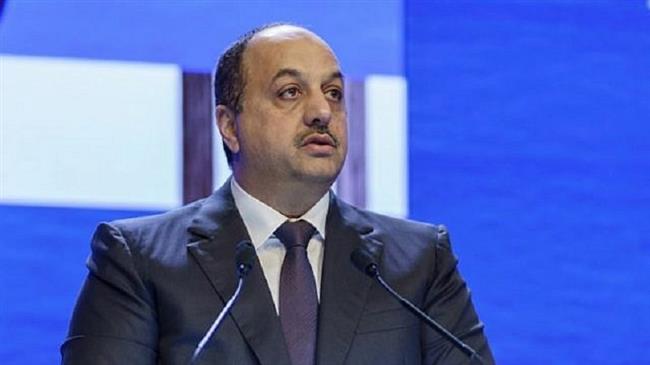Qatar tells UN top court about UAE ‘climate of fear’
The United Arab Emirates has spread a "climate of fear" among Qataris living in the Persian Gulf state during a year-long blockade, and caused "substantial pain," the UN's top court has heard.
British barrister Peter Goldsmith, acting for Doha, made the remarks during a hearing at the International Court of Justice (ICJ) on Friday.
Qatar lodged the case earlier this month, saying Abu Dhabi had “implemented a series of discriminatory measures directed at Qataris based on their national origin.”
Goldsmith said, "Many Qataris resident in the UAE live in perpetual fear, they live in the shadow of the UAE's expulsion order."
Last year, the UAE, Saudi Arabia, Bahrain, and Egypt severed ties with Qatar, accusing it of backing terrorism, and imposed punitive measures. Doha has strongly denied the charge.
Goldsmith told ICJ judges that the help-lines that the UAE has set up to help Qataris to understand the restrictions they faced, were in fact linked to the Abu Dhabi police.
So Qataris are "too scared to call hotlines to register their presence or their families' presence for fear of reprisals," he asserted.
Goldsmith said the serious concerns raised by international rights groups have shown "compelling evidence of what has happened, with substantial pain inflicted.”
Qatar is appealing for emergency measures from the ICJ to order the UAE to "immediately cease and desist from any violations of the human rights of Qataris."
Lawyer Alain Pellet, acting for the UAE, said that the restrictions applied by Abu Dhabi against Qataris “has nothing to do with racial discrimination."
The UAE says the ICJ has no authority to hear Qatar's case, and stressed that the situation for Qataris living in the country today is different from a year ago.

Sudan takes UAE to World Court over 'genocide' in Darfur

Pezeshkian: Iran seeks stronger ties with neighboring countries

Qatar joins Israel for 'side by side training' in aerial drills in Greece
Israel's hawkish minister, husband accused of sex abuse by daughter
Iran breaks Germany's monopoly on cancer-treating Rhenium-188
Houthi: Israel has no interest in peace, seeks to obliterate Palestine
VIDEO | Iran, Russia strengthen cultural ties through Isfahan-Kazan sister city pact
VIDEO | Damascus protesters slam Israeli crimes in Gaza
VIDEO | South Korea seeks deal as Trump pauses new tariffs
VIDEO | Israeli forces massacre nearly 40 Palestinians in Alshujaia
China warns Ukraine over 'irresponsible' claim of Chinese soldiers in war











 This makes it easy to access the Press TV website
This makes it easy to access the Press TV website